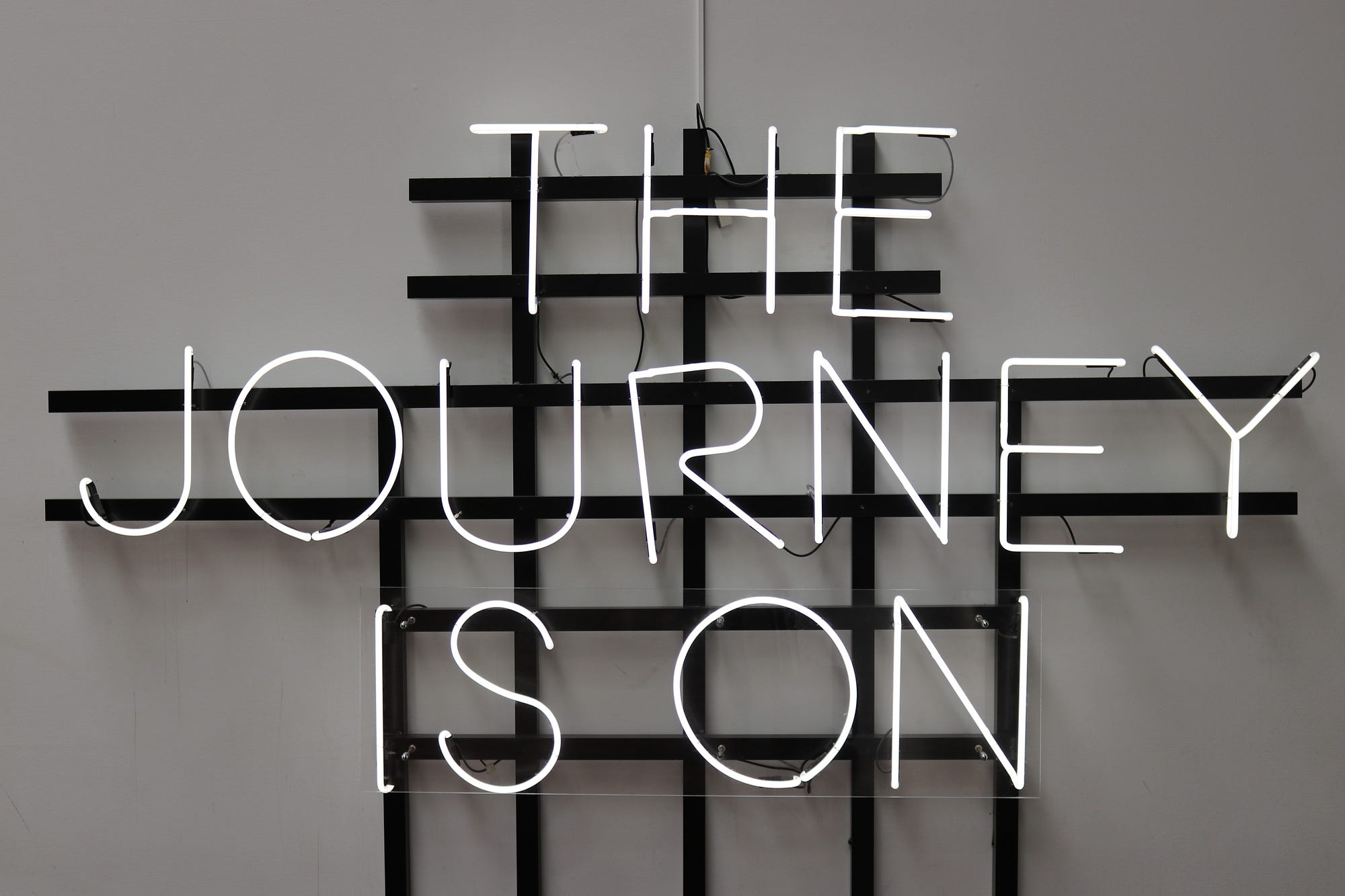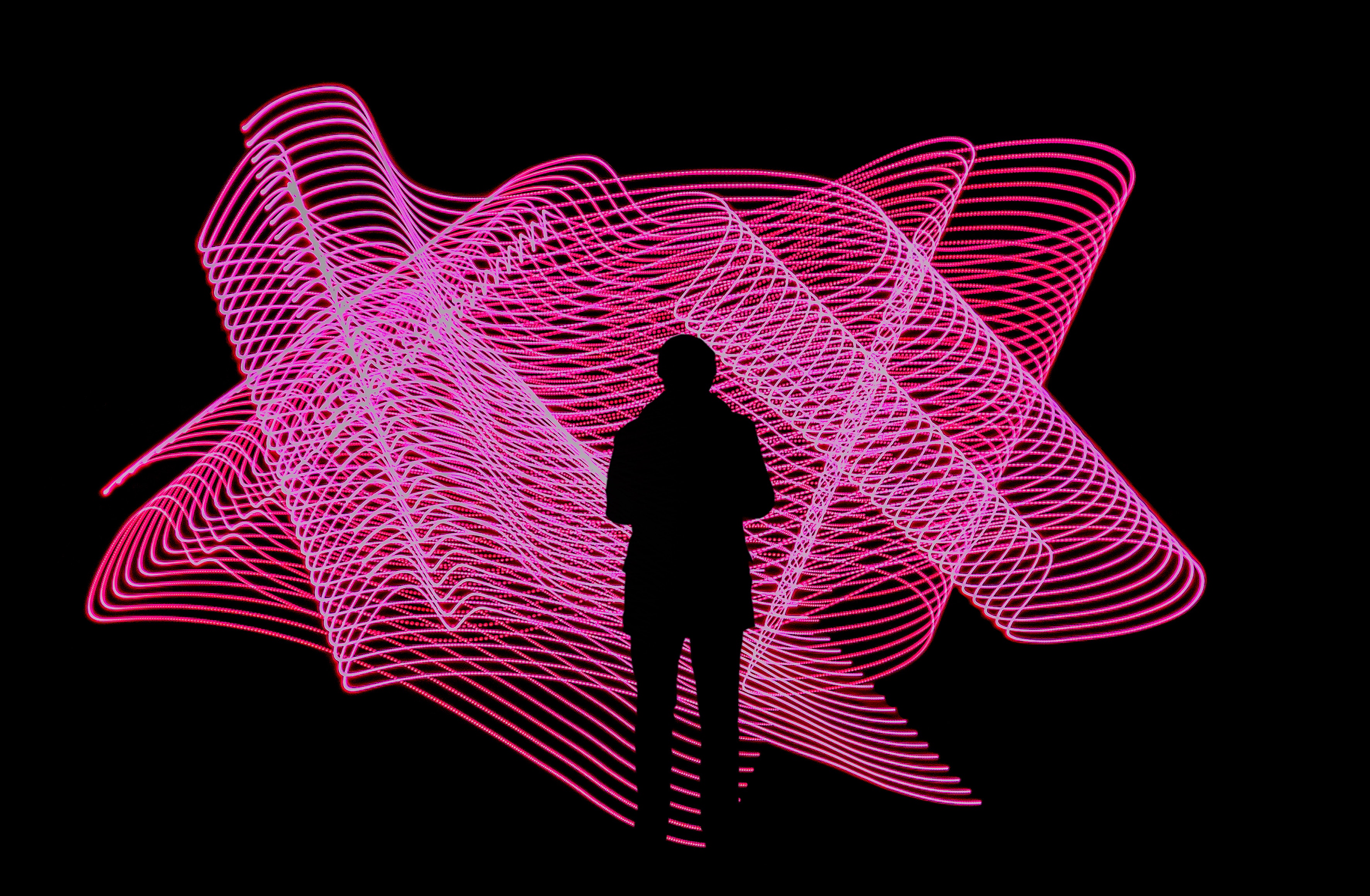A lot of people stay away from anything that has to do with change; few accept it; but there are also a small minority of people that choose to create it.
I’ve spent 11 of years of my life in sales and leadership and I’ve witnessed a universal truth. People do not like change.
As a salesperson, that’s your job: to get people to change. The sales profession isn’t that much different than a behavioral psychologist. The more I study the two the more similarities I see.
No one can make someone change but they can influence the other’s thinking to the point they decide to change.
If a person experiences enough pain, they will change.
Change is often stepping into uncharted territory, it feels risky, it can be painful, or at the very least uncomfortable.
People Avoid Change Because They Fear to Lose the Status quo
“There is no growth without change, no change without fear or loss and no loss without pain.” – Rick Warren
Imagine that I just gave you a gift of $100,000. Next, I gave you two choices:
- Choice 1) In addition to what you just received, I give you an additional $50,000 just out of the goodness of my heart.
- Choice 2) OrI will flip a coin and if its heads I’ll give you $100,000 instead, and if its tails you get nothing.
How would you choose?
Daniel Kahneman and Amos Tversky’s research on the theory of loss aversion used questions like this one, and the study revealed…
A vast majority in the above example chose the first one. Keep in mind the participant gets $100,000 no matter what. But they would rather have a safe $150,000 than to flip a coin at the chance at $200,000.
Yes, this experiment depends on your current financial situation. I’m pretty sure a millionaire would likely choose #2 as there is less at stake.
What this study shows is that we are most afraid of losing our status quo. We’d rather not lose what we have even if it means giving up what we want most.
This has huge implications for us in our lives. For many people, their status quo is set pretty high already and they have much to be thankful for.
Others, however, do not and they avoid change to the point that they deny themselves a better and more fulfilling life. This is tragic.
It’s normal if you find yourself avoiding change. The status quo is our security blanket and we live with the fear that it could be worse. We keep our heads down and keep trudging through life.
Is that really what you believe and desire — If you continue doing what you’ve always done, will you like where you end up over time?
The Dickens Process

During his Unleash the Power Within seminar, Tony Robbins shares with his audience a powerful process to discover the costs of our current choices and limiting beliefs.
It’s called the Dickens Process, inspired by Charles Dickens’ “A Christmas Carol.” The story is about Ebenezer Scrooge who is visited by ghosts that show him his past, present, and future.
In the Dickens Process, you’re forced to come face to face with your limiting beliefs and the cost of living with your status quo.
First, reflect on your current situation, desires, and fears:
- What are you afraid of losing?
- If you were to succeed, what would you gain?
- What do you believe to be true?
Next, grab a journal and reflect on these three questions — the deeper you go the better:
- “What has each belief cost you in the past, and what has it cost people you’ve loved in the past? What have you lost because of this belief? See it, hear it, feel it.”
- “What is each costing you and people you care about in the present? See it, hear it, feel it.”
- “What will each cost you and people you care about one, three, five, and 10 years from now? See it, hear it, feel it.”
If you’re like me these questions can create some real pain and will create urgency to change, to take action, and to start pursuing what you want most in life.
We have to learn to create change where we can and accept it where we don’t.
Some Change Is Out of Our Control and Its Best to Accept it
“To free desire from the tendency to cling, we have to be willing to stumble over ourselves.”
― Mark Epstein, M.D.
Maybe, up to this point, your life hasn’t turned out how you expected it to or wanted it to. How much of this outcome was in your control and how much of it wasn’t?
This is an important question and the more aware of what is within our power and what isn’t will provide us proper balance on our journey.
Having this type of awareness isn’t easy, however, especially when you are in the midst of a tragic event or crucible. It can be hard to see clearly during those times.
There are things in life that we can’t help, and by fighting our circumstances it only makes it worse.
Learn to accept that which you cannot control. But watch yourself because you can easily create excuses for why you are where you are.
We can often justify away our mistakes and let ourselves off the hook. If you do this frequently you will not grow. You will not move forward.
Be part of the minority that chooses to be the creators of change, creating the results they desire in their lives and toward who they want to be.

Successful People Are Creators of Change for Themselves And Others
“We’re all born creative, it takes a little while to become afraid.
A surprising insight: an enemy of fear is creativity. Acting in a creative way generates action, and action persuades the fear to lighten up.” — Seth Godin
People spend their lives waiting to find their purpose or for their ship to come in. They will remain here the rest of their lives.
The sooner we realize this the sooner we will get off the couch and get moving.
I want to be a great writer. So, I’m choosing to, quite literally, create change in myself. For me to be a better writer, I HAVE TO WRITE and write and write. I’m confident in my power to change my skills and abilities toward what I want.
You will create change by playing offense. Stay the course and continue to be intentional about creating the things in life that are meaningful to you.
Conclusion
Change is coming one way or another. How will you respond? Will you run from it, accept it, or create it.
Choose to be the person who accepts what isn’t in your control, and create your future, taking action on what is.
Do You Want To Learn the First Step in Creating Change?
Download a Discover Your Values guide for free. This guide will help you go deeper into who you are, find the work you love and create a meaningful and fulfilling life.
Originally published at medium.com


